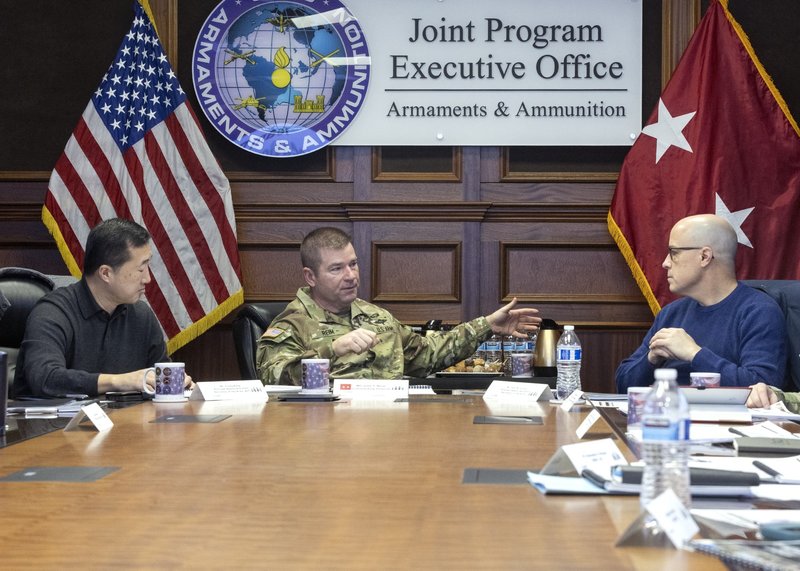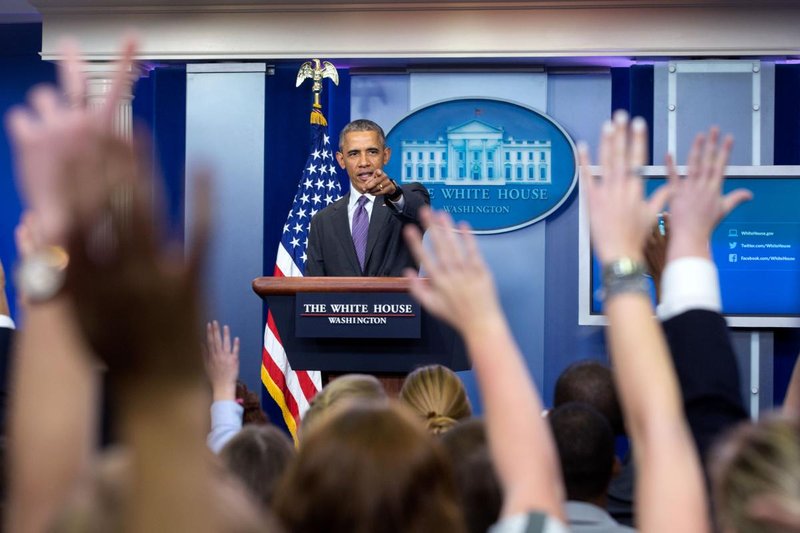The news that Elon Musk would receive a debrief on U.S. plans for a potential future conflict with China landed in my inbox like a stone dropped in still water. As a technology analyst who’s tracked the privatization of traditional government functions for over a decade, even I found this development jarring. When did we collectively decide that tech executives should be privy to classified national security strategies?
This morning, I sat with my coffee, scrolling through the cascade of public reactions. The question echoing through comments sections mirrored my own: “Why the FUCK does Elon Musk need information on a potential war against China?!” The profanity feels justified when contemplating the unprecedented nature of this arrangement.
Musk – The Complex Web of Interests
What makes this situation particularly concerning is Musk’s extensive business entanglements with China. Tesla’s Shanghai factory represents one of the company’s most significant manufacturing hubs. As one commenter pointedly noted, “Musk was the only foreign automaker to sign a pledge to uphold core Chinese socialist values. Xi bailed out Tesla in 2019 when the company was days away from bankruptcy.”
These entanglements create a web of conflicting interests that would disqualify most individuals from accessing sensitive national security information. Yet Musk appears to operate by different rules, perhaps due to the strategic importance of his companies—SpaceX in particular—to U.S. defense capabilities.

Musk – The Privatization of National Security
This situation reflects a broader trend I’ve observed: the accelerating privatization of functions traditionally reserved for government. SpaceX now handles critical satellite launches for the Department of Defense. Starlink provides battlefield communications in Ukraine. The boundaries between private business and national security infrastructure have blurred beyond recognition.
In many ways, this represents the culmination of trends that began decades ago with military contractors. The difference? Companies like Lockheed Martin or Northrop Grumman exist primarily to serve government needs. Musk’s companies pursue their own commercial objectives while occasionally aligning with government interests.
The Personality Factor
What makes this situation uniquely concerning is the personality at its center. Musk’s unpredictability and erratic communication style—including his habit of sharing sensitive information on social media—raises legitimate concerns about operational security.
As one commenter noted, “Why would you trust musk with anything military related… he may just accidentally hand over state secrets.” This isn’t mere speculation; Musk has repeatedly demonstrated a cavalier attitude toward information disclosure, from tweeting market-moving statements about Tesla to sharing sensitive details about SpaceX launches.
The China Connection
The China element adds another layer of complexity. Tesla’s relationship with Beijing has been remarkably cordial compared to other Western companies. The Shanghai factory received exceptional treatment during its construction and operation, and Musk has consistently avoided criticizing China’s policies—in stark contrast to his vocal critiques of U.S. regulations.
This asymmetric relationship raises questions about where Musk’s loyalties might lie in a conflict scenario. Not because of any presumed disloyalty, but simply because his financial interests create an unavoidable conflict when accessing information about potential U.S. military strategy regarding China.
What This Means for Democratic Oversight
Perhaps most troubling is what this arrangement reveals about the state of democratic oversight of national security. When private citizens—even influential ones—receive classified briefings typically reserved for elected officials with constitutional authority, we’ve entered uncharted territory for accountability in a democratic system.

The fusion of corporate power with national security decisions represents a significant shift away from traditional governance models. When a single individual simultaneously controls multiple companies essential to national infrastructure, maintains business relationships with potential adversaries, and receives classified security briefings, the concentration of influence exceeds anything envisioned by our constitutional framework.
Looking Forward
As I watch these developments unfold, I’m reminded that we’re witnessing a fundamental transformation in how power operates in our society. The traditional boundaries between government, military, and private enterprise have eroded, creating new power centers that operate with limited oversight.
This isn’t about Musk specifically—it’s about what his position reveals about our changing power structures. We’ve created a system where certain technical capabilities are so vital to national interests that those who control them gain unprecedented access and influence, regardless of the potential conflicts those arrangements create.
For citizens concerned about democratic governance, this moment deserves serious reflection. The question isn’t whether Musk should receive security briefings—it’s whether we’ve thoughtfully considered the implications of allowing private entities to become so essential to national security that traditional accountability mechanisms no longer apply.



